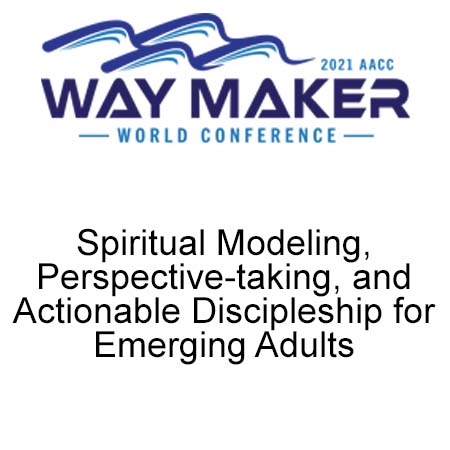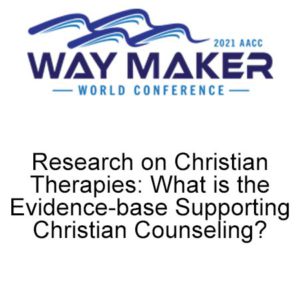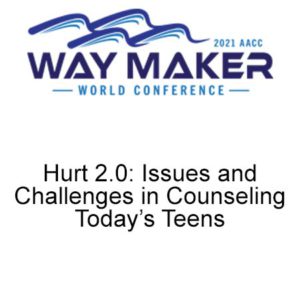Description
619: Spiritual Modeling, Perspective-taking, and Actionable Discipleship for Emerging Adults
Mollie Carter, Ph.D.
Asbury University
1 Macklem Dr.
Wilmore, KY 40390
Jinni Leigh Blalack, M.A.
Union University
1050 Union University Dr.
Jackson, TN 38305
Summary
Emerging adults revise spiritual worldviews, and many turn away from communities of faith. This study sought to assess the role spiritual models play in emerging adults’ development of trait spirituality, forgiveness, and hope. Additionally, this study proposed perspective-taking as a moderator of the association between spiritual modeling and the traits, such that emerging adults high in perspective-taking may understand and internalize traits of spiritual models rather than only imitating the spiritual practices of the model. Participants (n = 384) in this survey study were recruited from a public university and a Christian university. Spiritual modeling was found to increase spirituality, forgiveness, and hope, but perspective-taking did not moderate associations from spiritual modeling to spirituality, forgiveness, and hope. One way to increase spirituality, forgiveness, and hope may be to ensure that spiritual models communicate experiences that can help learners in their spiritual formation. Appropriate use of self-disclosure of personal experiences between a spiritual model and a learner can facilitate genuine connection and belonging that is important in emerging adulthood. The finding that perspective-taking did not strengthen the association of spiritual modeling and the traits may indicate that spiritual models do not adequately self-disclose and teach practical principles that help emerging adults understand and set appropriate goals. Spiritual modeling was more strongly associated with spirituality as a behavioral construct than the more cognitive constructs of forgiveness and hope. Thus, emerging adults may imitate the behaviors of spiritual models without considering the thought processes of the model. Spiritual traits are best communicated explicitly and, with practice, pastoral counselors and lay ministers can share actionable biblical principles that support emerging adult involvement in communities of faith.
Learning Objectives
Participants will:
• Evaluate how spiritual models contribute to the emerging adult development of spirituality, forgiveness, and hope, as well as the finding that perspective-taking did not strengthen the association
• Describe communication skills, benefits, and concerns of self-disclosure that lead to effective spiritual modeling and learner perspective-taking for coaches and pastoral counselors
• Critique a spiritual modeling demonstration, analyzing actionability of the spiritual model’s self-disclosure to the learner’s experience and summarizing the facilitation of application





